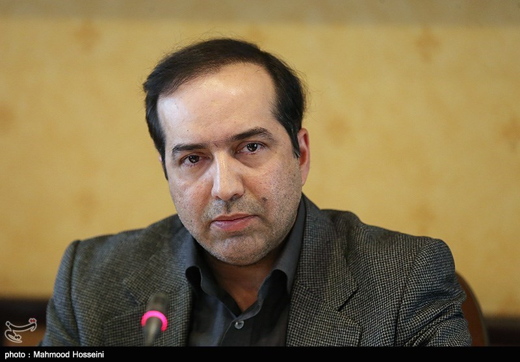“The communication models in the public relations offices in Iran should be based on the principle of offering information to the public in a pre-emptive manner,” said Entezami in an address to the Fourth Conference of Public Relations Offices of Iran’s Ministry of Communications and Information Technology held in Tehran on Sunday.
He referred to the law of Freedom of Information (FOI) which was passed six years ago and added, “The law is a revolutionary law in line with our constitution. This reveals the fact that the Iranian government feels responsible for providing the nation with the information they need to know about.”
Elsewhere in his address, Entezami also said based on the FOI Law, Iranian public and private sectors are required to provide their clients with all kinds of information except for classified ones.
“According to the law, the ICT ministry should be a role model for other organizations in offering information to the clients,” he noted, according to a Farsi report by Khabar Online.
Entezami went on saying Iranian government is facing a long-time cultural challenge in offering information to people and added the public sector organizations are not willing to provide people with information because “they think the provided information will undermine their authority.”
The Iranian official also stressed that the government of President Hassan Rouhani insists on implementing the FOI law.
Out of 450 administrational organizations, only 90 ones have expressed their willingness to implement the law, he noted.
“By implementing the law, the public relations offices in our country will restore their real status within the administrational organizations. This means they can establish a logical relation with their clients,” he added.
Entezami stressed that such a communication model “can remove lots of misunderstandings which have hampered the efficiency of our public organizations.”
The deputy minister stressed that eradication of administrative corruption requires taking some concrete and practical steps.
“The law calls for transparency and transparency as the first prerequisite in fight against corruption. The government managers need to provide people with the required information about their decision-making,” he said.
He called responsibility and efficiency as other main elements required to eradicate corruption and said the FOI Law helps the public relations offices to perform their duty appropriately and provide people with the needed information.
The deputy minister also said freedom of information is the basic right of the critics of the government and added the critics should be able to evaluate the government’s performance drawing on correct information.
“The administrative organizations are fully aware of the public demands and the public relations offices are obliged to provide people with the required information. So, we should not wait for people to ask for the information. We should offer them the information ourselves. I know that the implementation of the law will face some resistance,” he said.
At the end, he expressed hope that the public relations offices turn into a real centre providing people with information.
